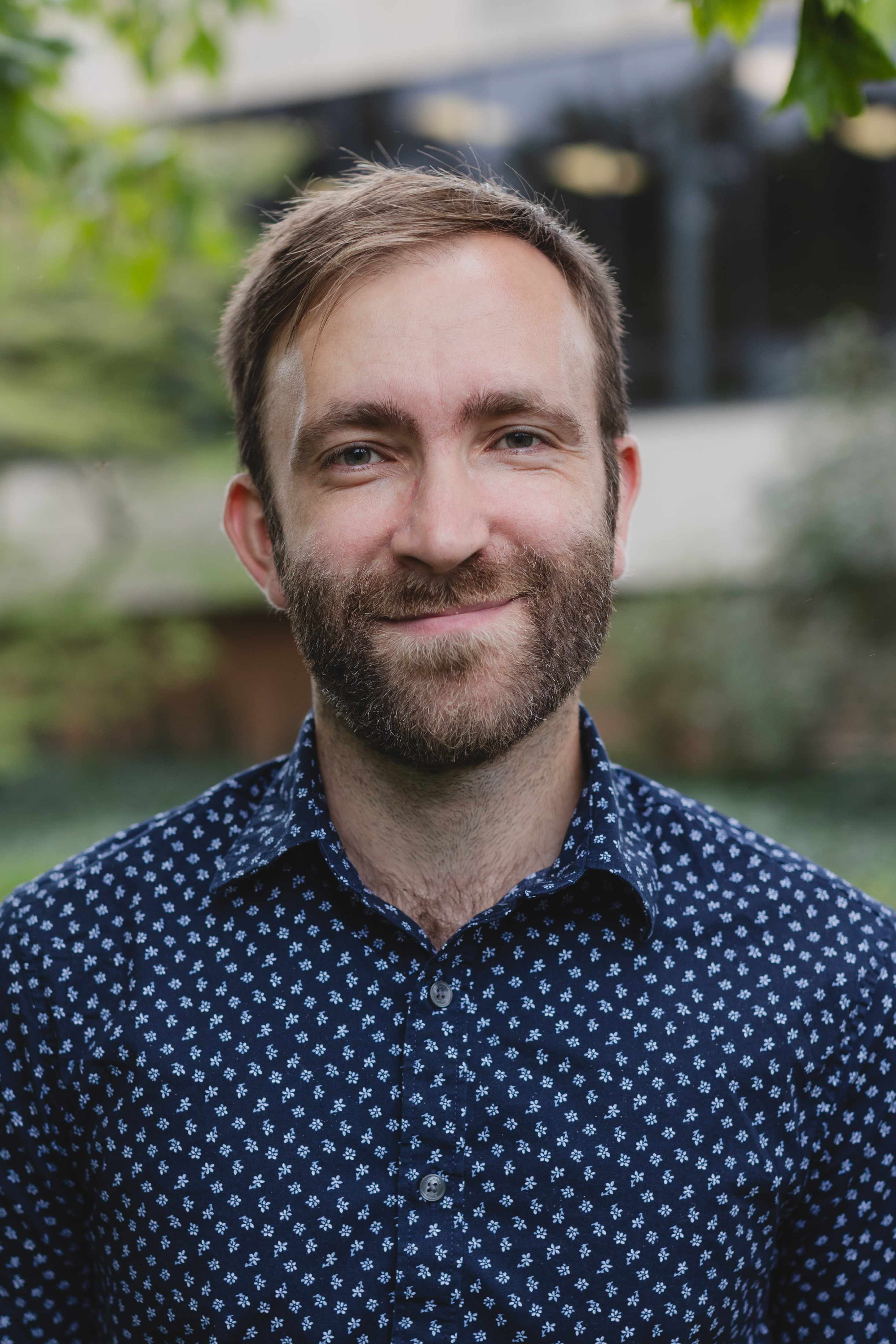Mathematics professor receives NSF CAREER Award

Joe Waldron, an assistant professor in the Department of Mathematics, has received a Faculty Early Career Development, or CAREER, Award from the National Science Foundation (NSF). The award recognizes his research on birational geometry and its importance to areas such as commutative algebra, arithmetic geometry and number theory.
Over the next five years, Waldron will receive $400,000 to support his work, which includes the creation of a summer math camp designed for upper-level high school students and incoming undergraduate students to ease the transition to proof-based math courses.
“I’m very grateful for the honor of receiving this award,” Waldron said. “I am looking forward to advancing my research program over the next five years and continuing to make an impact in my field.”
“We are proud of Joe’s NSF CAREER award, which recognizes both the excellence of his research and his dedication to mentoring students,” said Jeff Schenker, chairperson of the Department of Mathematics. “We are delighted to see his work and mentorship receive such meaningful national recognition.”
Waldron’s research on birational geometry seeks to classify algebraic varieties, which are geometric objects defined as the vanishing sets of systems of polynomial equations. He focuses on using techniques from neighboring areas of mathematics to study varieties over finite fields and the integers. Using such techniques, Waldron and his team of researchers have already been able to make progress on a tool in birational geometry called the log minimal model program. This tool helps classify and understand complex three-dimensional varieties over the integers.
In the research supported by the CAREER award, Waldron seeks to use techniques which have recently revolutionized arithmetic geometry, such as perfectoids, to study varieties over the integers. For example, he plans to study the birational geometry of Shimura varieties, which are important in number theory. He will also build new tools using commutative algebra – the study of how equations and numbers work together – which may help solve hard problems, such as proving the limits on the number of certain varieties, known as Fano and general type varieties.
According to Waldron, one of the biggest obstacles to classifying varieties is that some of the most important tools do not work in every number system. To get around this, mathematicians study the local structure of a singularity – such as the vertex of a cone – and the behavior at the vertex of the cone provides clues about the original variety.
“The use of perfectoids and related techniques are providing new ways to study these singularities, which in turn should lead to methods to replace vanishing theorems,” Waldron said. “This allows progress on questions about projective varieties which were previously unapproachable.”
Waldron’s CAREER grant also includes funds to develop a summer school introducing high school students to mathematical proofs using the Lean proof assistant, a computer program that helps people write and check mathematical proofs. His goal is to prepare and encourage students to study mathematics at the university level.
“My goal is that the summer school will provide students with a taste of what it is like to study math at an advanced level, by introducing them to the idea of proof,” Waldron said. “I hope that this will provide some students with the confidence to consider majoring in math, when perhaps they would not have considered it otherwise.”
Waldron has been on the faculty at Michigan State University since 2020 and joined the department after serving for three years as an instructor at Princeton University. Waldron received his Ph.D. from the University of Cambridge in 2016.